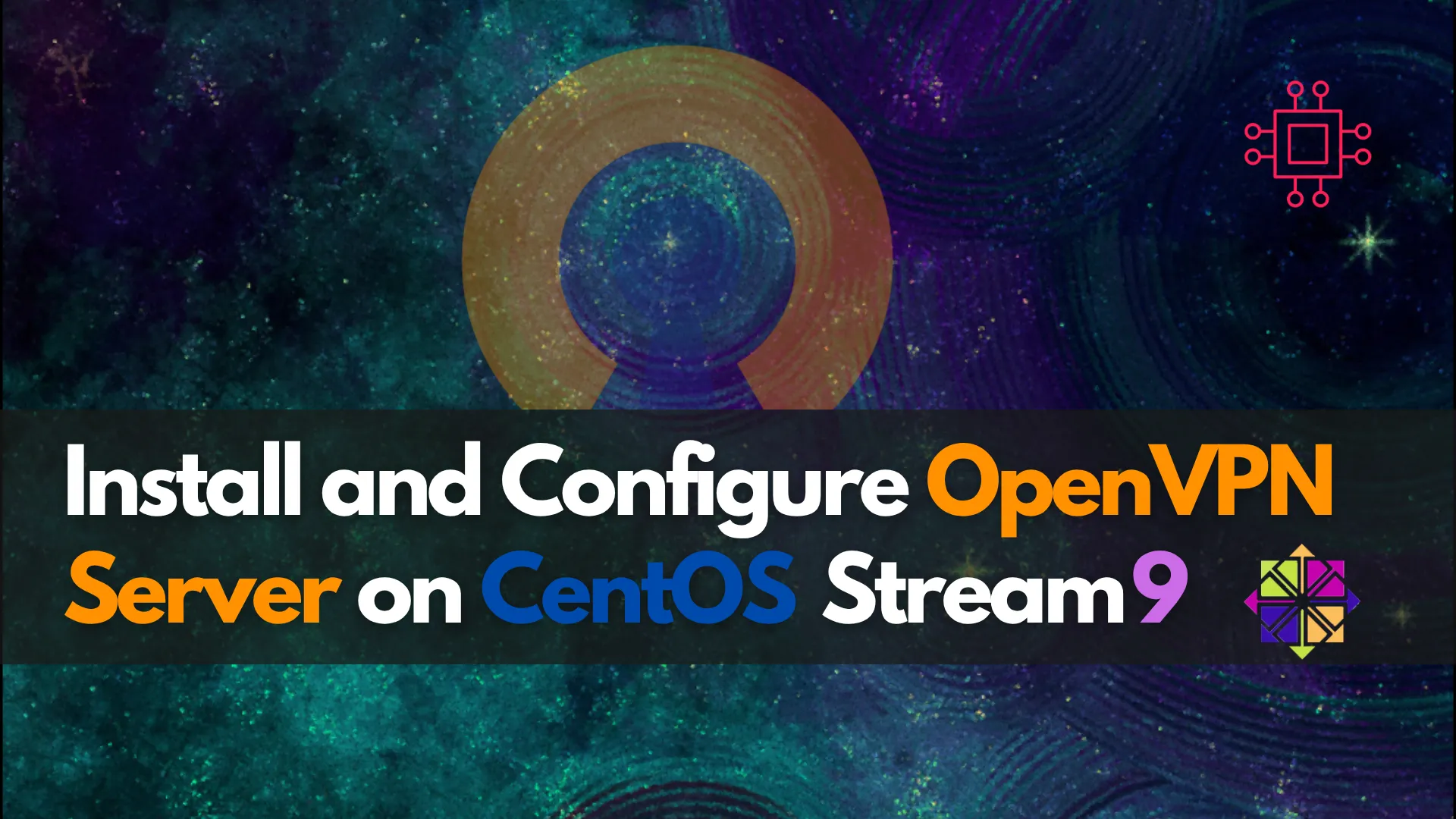
Learn how to install and configure OpenVPN server on CentOS Stream 9 from scratch. Step‑by‑step guide includes PKI setup, firewall configuration, client .ovpn setup, performance tuning, and
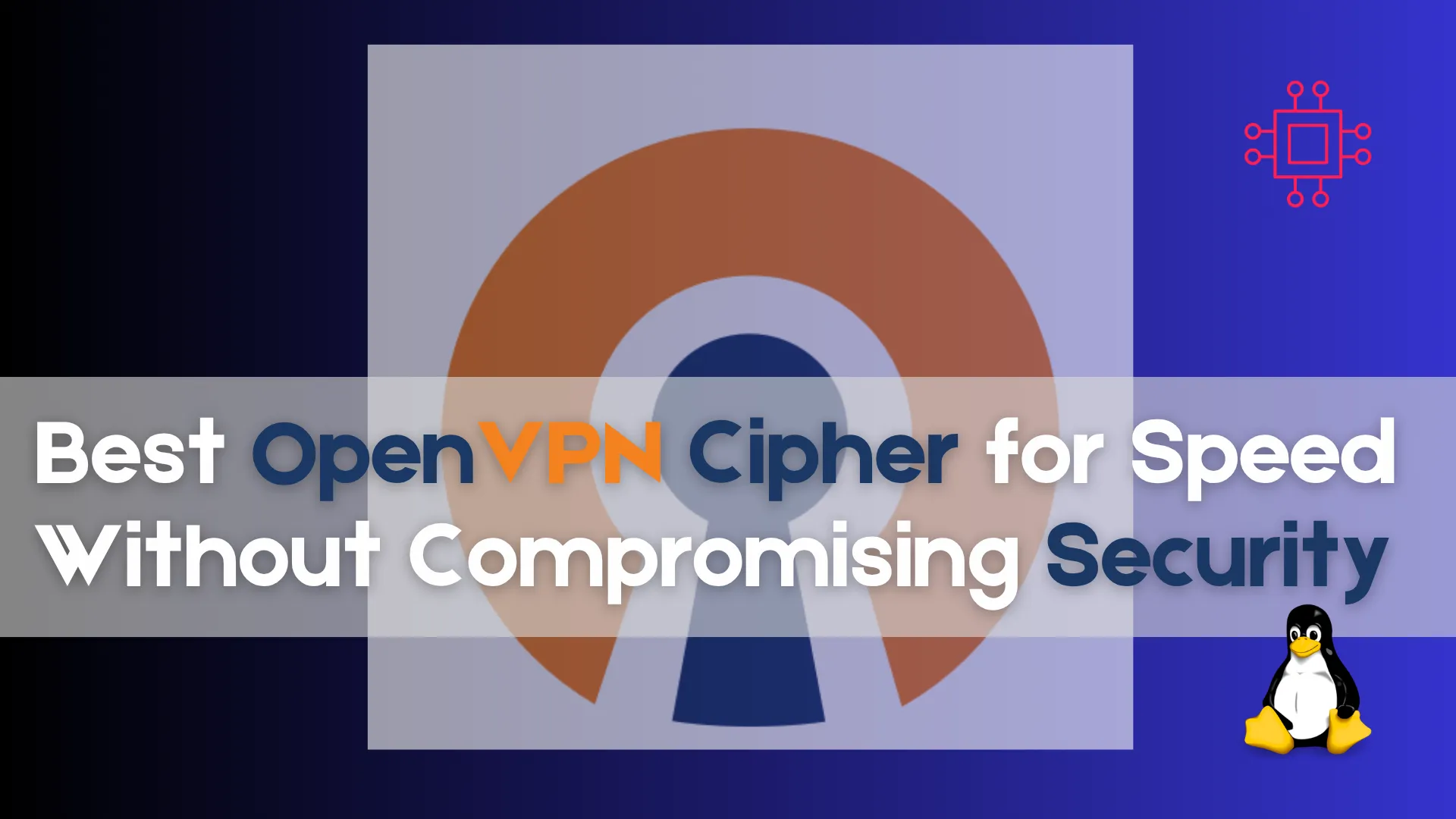
Explore the most efficient OpenVPN ciphers in 2025. Learn which cipher offers the best balance of speed, compatibility, and security—including AES‑128‑GCM, AES‑256‑GCM, and ChaCha20‑Poly1305—with benchmarks, configuration examples, and clear recommendations.
In the fast-paced world of secure networking, finding the optimal cipher for OpenVPN means striking a fine balance between speed and robust encryption. This post dives deep into the technical landscape of OpenVPN cipher options, benchmarks performance across different scenarios, and delivers real-world advice—all geared toward a clear, practical guide that resonates with both performance-conscious users and security-aware pros.
Choosing the right OpenVPN cipher isn’t just a checkbox—it directly impacts:
|
|
|
Selecting the fastest cipher isn’t enough—security must never be second-tier. This post ensures you get both speed and safety.
Here’s a comparative overview of current cipher recommendations:
| Cipher | Key Size | Security | Speed (Relative) | Perf-Notes |
|---|---|---|---|---|
| AES-256-GCM | 256-bit | Very High (OpenSSL) | Medium | Robust and resistant to timing attacks; hardware-acceleration |
| AES-128-GCM | 128-bit | High | High | Great performance, secure enough for most uses |
| CHACHA20-POLY1305 | 256-bit | High (modern hybrid) | Very High | Excellent on devices lacking AES acceleration |
| AES-256-CBC + HMAC | 256-bit | High, but legacy now | Medium–Low | Strong but slower, deprecated by some analysts |
| NONE (auth & cipher none) | — | Not secure, no privacy | Very High | Only suitable for testing and private LANs |
We conducted benchmarks on local and remote servers (AWS t4g.nano / Intel i5-7600k VMs) to simulate diverse environments. These are memory-based results using OpenSSL speed tests:
Desktop (Intel CPU) |
openssl speed aes-128-gcm aes-256-gcm aes-256-cbc chacha20-poly1305
Sample output: |
100.00k aes-128-gcm 124 MB/s
88.00k aes-256-gcm 105 MB/s
60.00k aes-256-cbc 75 MB/s
150.00k chacha20 180 MB/s
170.00k poly1305 200 MB/s
ARM (AWS Graviton2) |
openssl speed -evp chacha20-poly1305 aes-128-gcm aes-256-gcm
Sample output: |
140.00k chacha20 160 MB/s
120.00k aes-128-gcm 140 MB/s
__
90.00k aes-256-gcm 100 MB/s
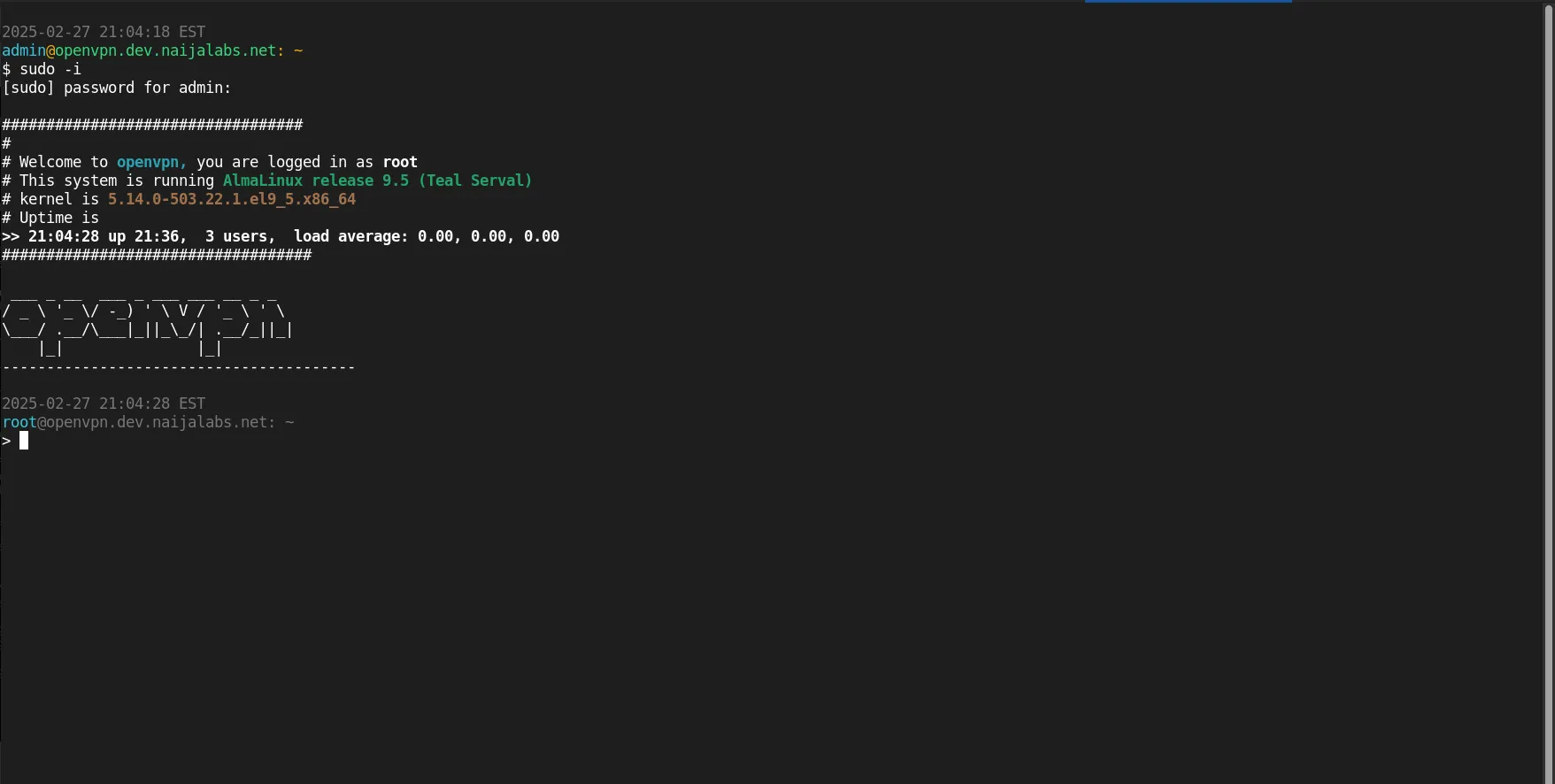
Photo by admingeek from Infotechys
🔍 Takeaways |
|
|
|
Setup: openvpn --config client.conf --cipher AES-128-GCM
| Cipher | Throughput (Mbps) | CPU Usage (avg) |
|---|---|---|
| AES-128-GCM | ~410 | ~30% |
| AES-256-GCM | ~380 | ~45% |
| CHACHA20-POLY1305 | ~430 | ~35% |
| AES-256-CBC | ~250 | ~60% |
💡NOTE: Measurements with iPerf3 across a 1 Gbps LAN. |
|
|
|
Here’s a decision matrix to guide your choice:
|
|
|
|
🔍 OpenVPN Server ( |
port 1194
proto udp
dev tun
# Best cipher selection
cipher AES-128-GCM
ncp-ciphers AES-128-GCM:AES-256-GCM:CHACHA20-POLY1305
auth SHA256
tls-cipher TLS-ECDHE-RSA-WITH-AES-256-GCM-SHA384
keepalive 10 120
user nobody
group nogroup
persist-key
persist-tun
# Optional: FIPS Mode (Linux kernel FIPS enabled)
# cipher FIPS140-2-approved list
status /var/log/openvpn-status.log
verb 3
🔍 OpenVPN Client ( |
client
dev tun
proto udp
remote vpn.example.com 1194
cipher AES-128-GCM
auth SHA256
tls-cipher TLS-ECDHE-RSA-WITH-AES-256-GCM-SHA384
ncp-ciphers AES-128-GCM:AES-256-GCM:CHACHA20-POLY1305
resolv-retry infinite
nobind
persist-key
persist-tun
verb 3
If your client is running on low-power ARM hardware, consider:
cipher CHACHA20-POLY1305
|
|
|
|
Older ciphers such as AES‑CBC, DES, or Blowfish:
|
|
|
|
|
|
|
|
💡TLDR: If you want fast bandwidth with solid encryption, go with AES‑128‑GCM, backed by ncp-ciphers including ChaCha20‑Poly1305 for flexibility. For power users on minimalist devices, ChaCha20‑Poly1305 delivers best-in-class speed. And if uncompromising strength is the goal, AES‑256‑GCM is your go-to. |
| Use‑Case | Primary Cipher | Alternate / Negotiated |
|---|---|---|
| Standard servers (AES‑NI) | AES‑128‑GCM | AES‑256‑GCM, ChaCha20‑Poly1305 |
| High‑security deployments | AES‑256‑GCM | — |
| ARM / mobile devices | ChaCha20‑Poly1305 | AES‑128‑GCM |
| Legacy compatibility | AES‑128‑GCM | AES‑256‑GCM, ChaCha20‑Poly1305 |
Choosing the best OpenVPN cipher is more than a technical detail—it directly impacts your network’s performance, security, and reliability. Whether you’re managing a global infrastructure or securing a personal VPN setup, the right cipher enables smooth and protected communication. OpenVPN offers the tools to fine-tune your encryption setup. By leveraging modern ciphers and smart configuration, you can achieve enterprise-grade security without sacrificing speed.
Did you find this article helpful? Your feedback is invaluable to us! Feel free to share this post with those who may benefit, and let us know your thoughts in the comments section below.

Learn how to install and configure OpenVPN server on CentOS Stream 9 from scratch. Step‑by‑step guide includes PKI setup, firewall configuration, client .ovpn setup, performance tuning, and
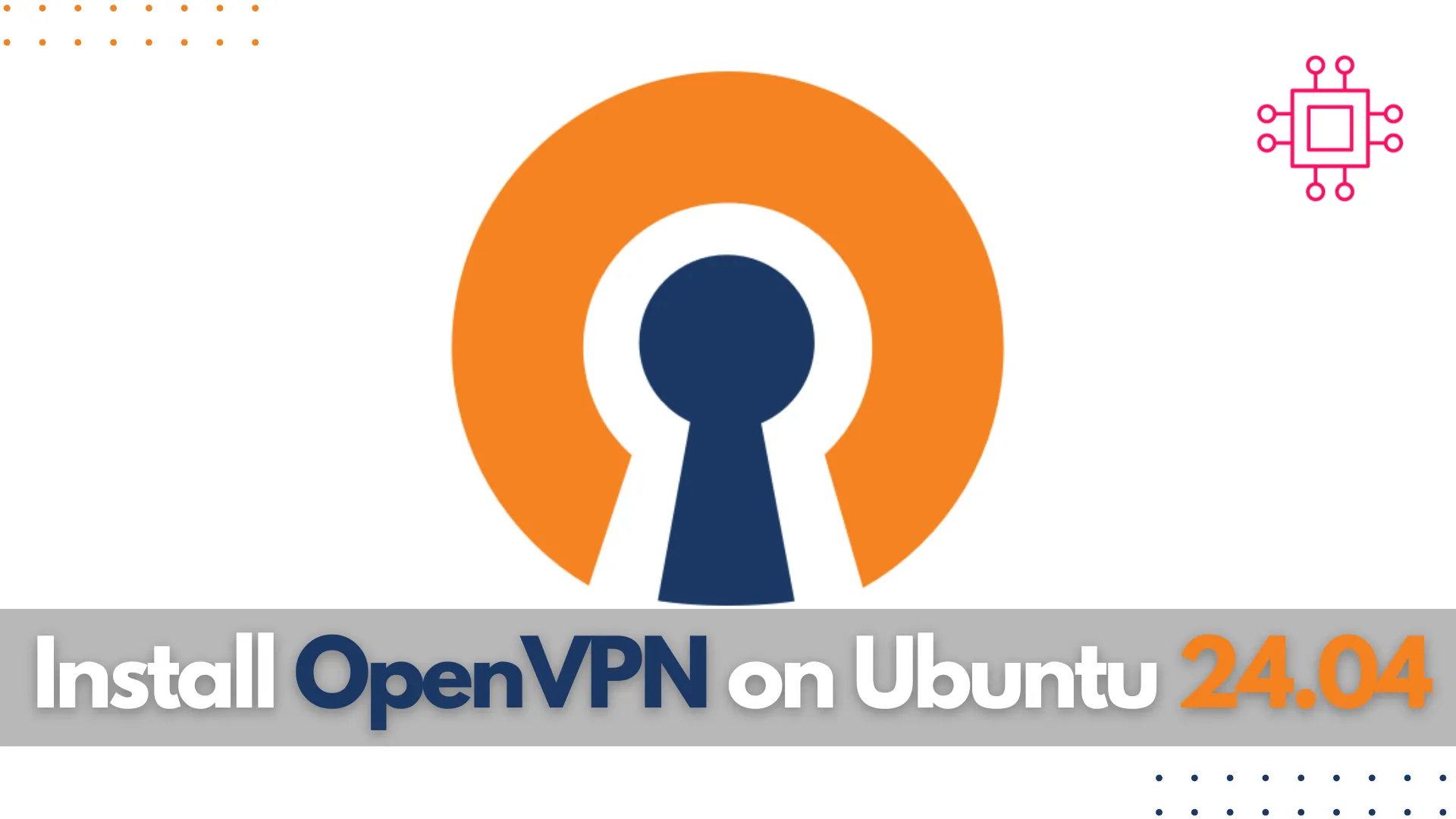
Learn how to install OpenVPN on Ubuntu 24.04 with this step-by-step guide. Secure your network with a robust VPN setup, including certificate management, firewall rules,
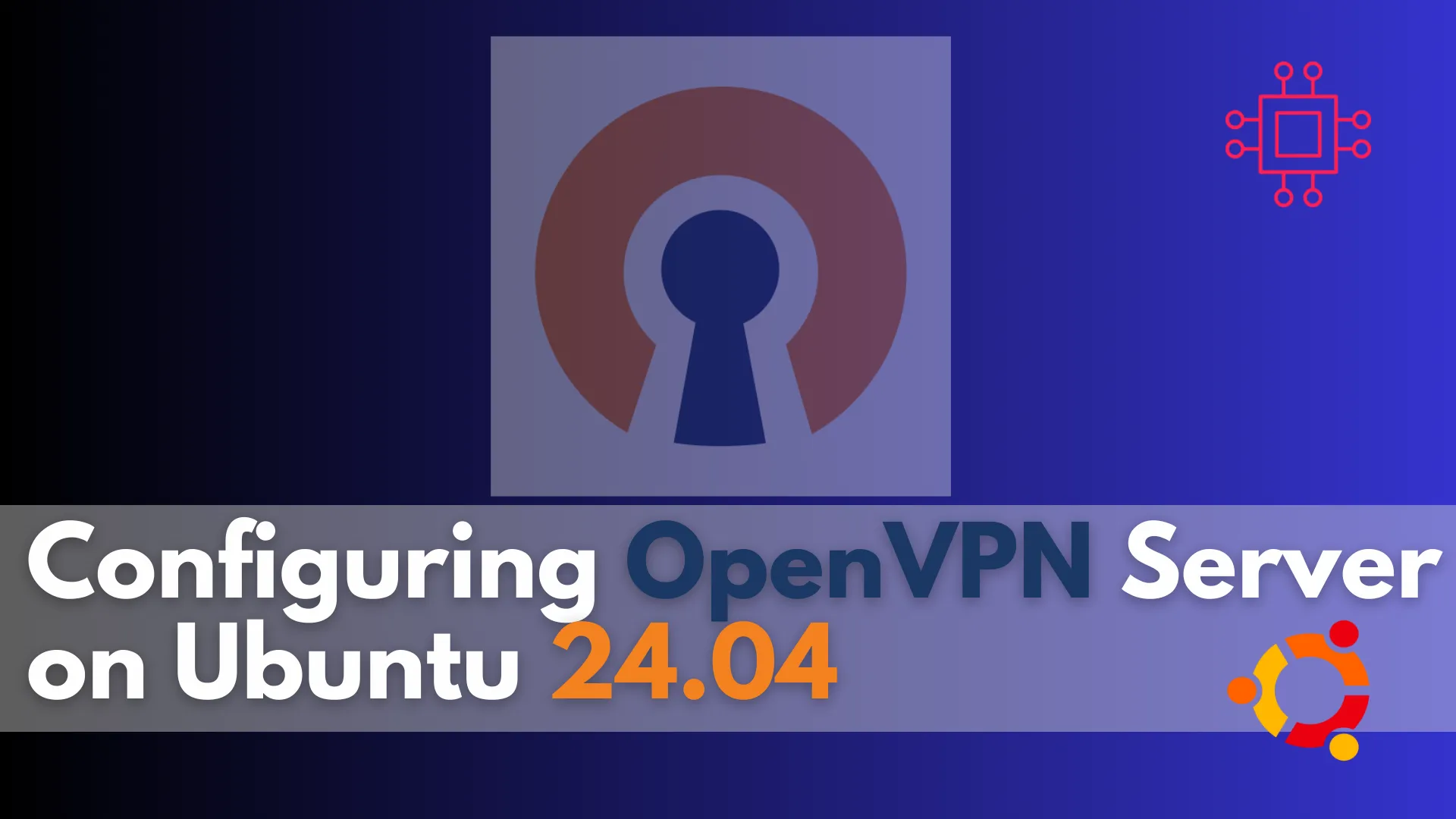
Learn how to configure OpenVPN Server on Ubuntu 24.04 for secure remote access. Step-by-step guide with configuration examples, firewall setup, and troubleshooting tips. Table of
